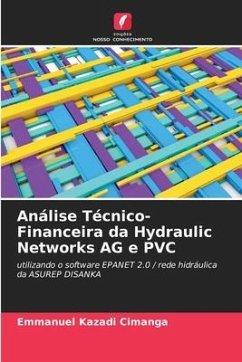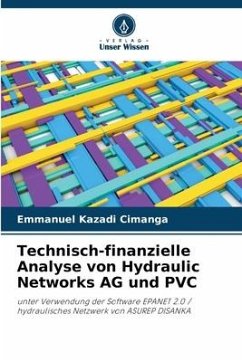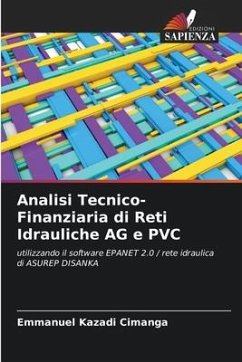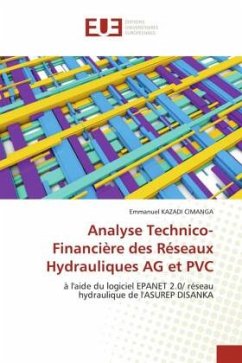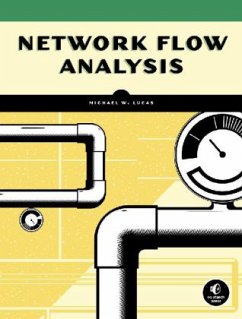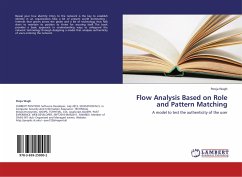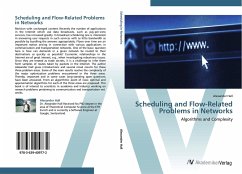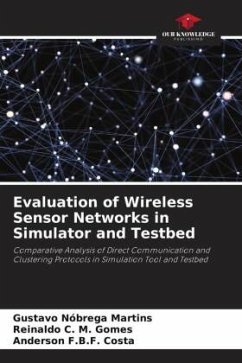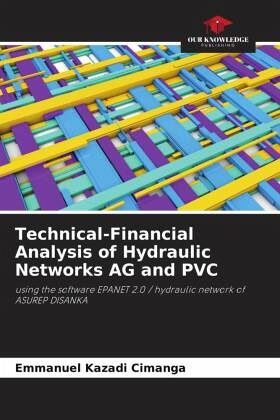
Technical-Financial Analysis of Hydraulic Networks AG and PVC
using the software EPANET 2.0 / hydraulic network of ASUREP DISANKA
Versandkostenfrei!
Versandfertig in 6-10 Tagen
29,99 €
inkl. MwSt.

PAYBACK Punkte
15 °P sammeln!
Most of the population of East Kasai does not have easy access to drinking water. For this reason, it is necessary to choose a model hydraulic network to be set up to supply water to the populated sites in this environment, on a permanent basis and in the quantities required. The installation of a hydraulic network (AG or PVC) in space is a very complex problem, due to the topography of the site, the lack of respect for the principles of urbanization and the phenomena of gullying which place the pipes at the mercy of all kinds of stresses. In this work, we will be able to find solutions to the...
Most of the population of East Kasai does not have easy access to drinking water. For this reason, it is necessary to choose a model hydraulic network to be set up to supply water to the populated sites in this environment, on a permanent basis and in the quantities required. The installation of a hydraulic network (AG or PVC) in space is a very complex problem, due to the topography of the site, the lack of respect for the principles of urbanization and the phenomena of gullying which place the pipes at the mercy of all kinds of stresses. In this work, we will be able to find solutions to the technical and social problems of the aforementioned society, by developing hydraulic networks enabling drinking water to be supplied to any location in need. We have modeled the hydraulic network of asurep Disanka using Epanet 2.0 software, and dimensioned and compared the two networks, AG and PVC, from a technical and financial point of view, using formulas that exist in the literature. The results showed that the PVC drinking water distribution network offers many advantages over the AG network for our environment.



